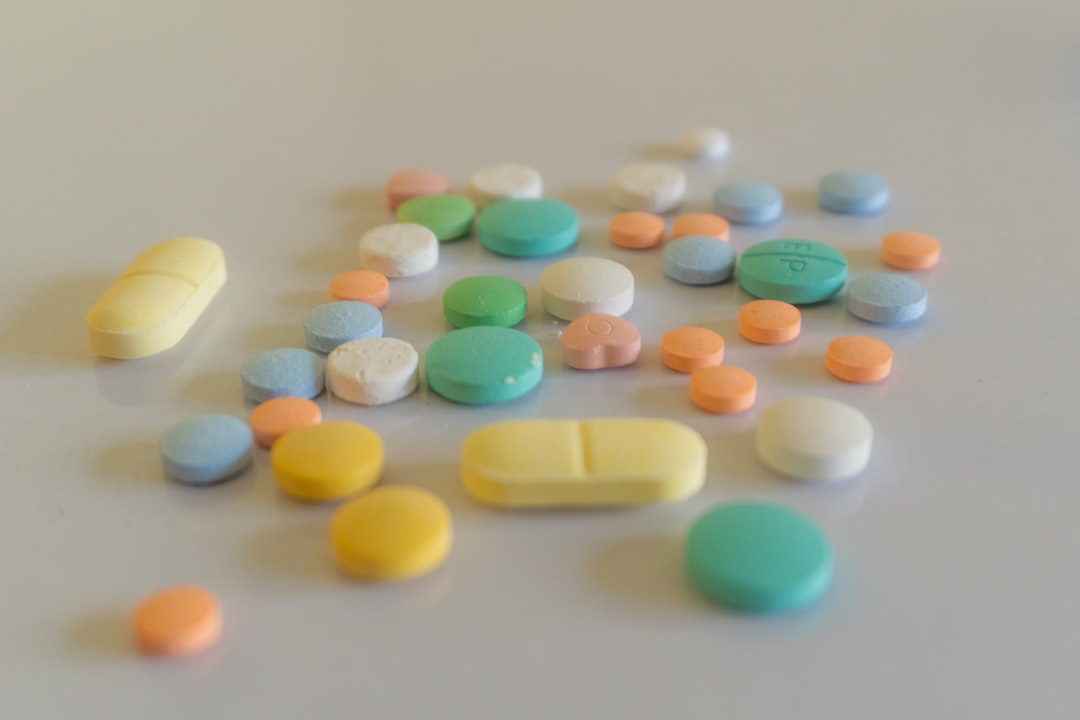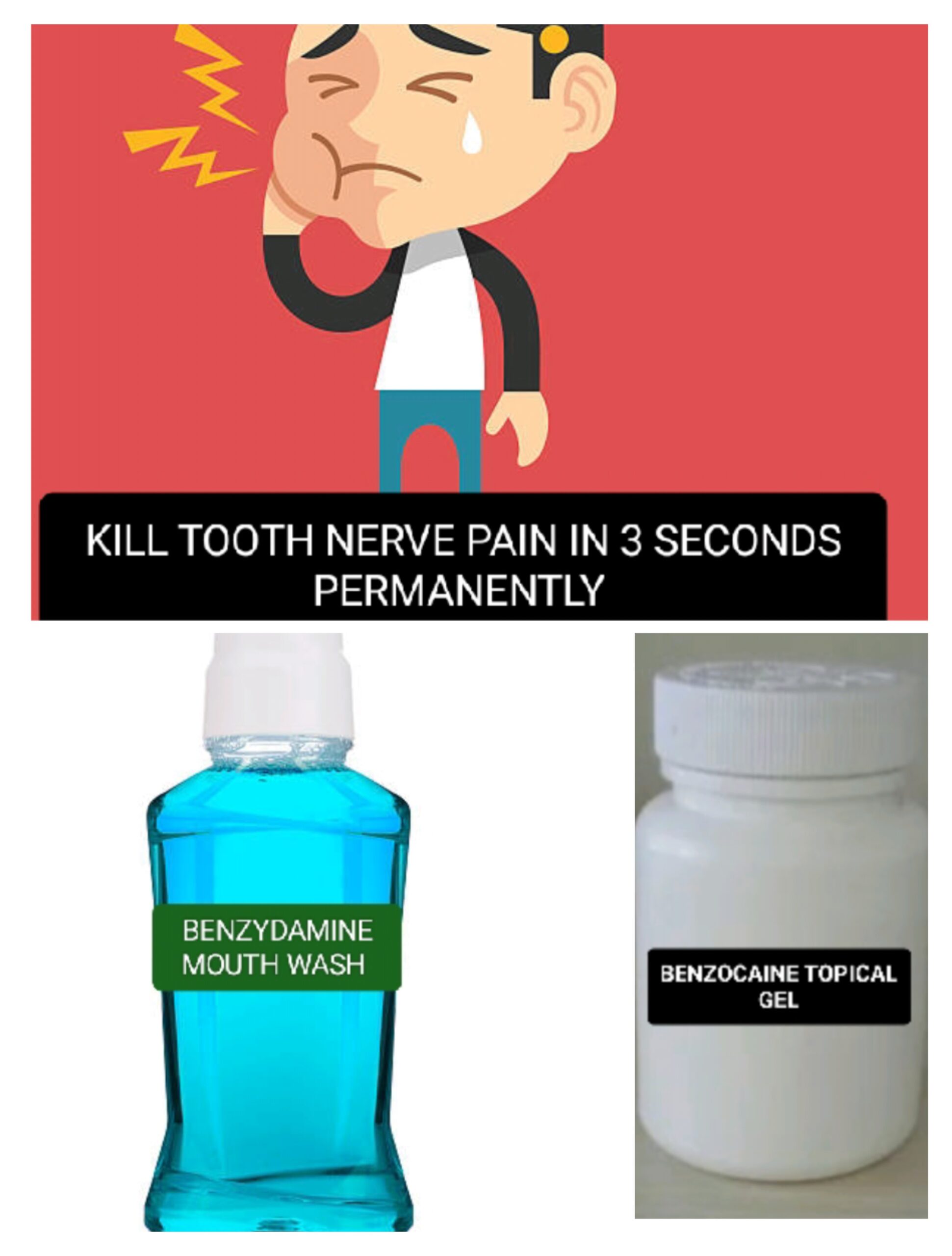What Is Snoring?

Snoring occurs when the airflow through the mouth and nose is partially obstructed during sleep. Apart from affecting the quality of sleep, snoring can also cause a variety of health concerns, including dry mouth.
Dry mouth, also known as xerostomia, occurs when the salivary glands fail to produce enough saliva, resulting in a dry, uncomfortable feeling in the mouth. This condition can be caused by several factors, including medication, dehydration, and medical conditions such as Sjogren’s syndrome. However, snoring is another common cause of dry mouth, as it can disrupt normal salivary gland function.
How Does Snoring Causes Dry Mouth?
During normal breathing, the air that passes through the nose and mouth is warm and moist. However, when you snore, the air moves at a faster rate, leading to more significant moisture loss. This leads to a dry mouth, which can be uncomfortable and can affect the overall quality of sleep.
Moreover, snoring can cause you to breathe through your mouth instead of your nose, further exacerbating the problem. When you breathe through your mouth, the saliva in your mouth evaporates quickly, leading to a feeling of dryness.
Effects of Dry Mouth Caused by Snoring
A lack of saliva can lead to various oral health issues, including tooth decay and gum disease. The antibacterial properties of saliva help to neutralize the acid in the mouth and prevent harmful bacteria from thriving on the teeth and gums. When the mouth becomes dry, there is a greater risk of developing cavities, which can lead to other dental problems, such as tooth sensitivity.
Dry mouth, also known as xerostomia, can have several effects on the oral cavity and the overall health of an individual if left untreated for an extended period. Saliva plays many critical roles in the mouth, including lubrication, protection, and digestion. A lack of saliva can lead to various issues in the oral cavity, including:
1. Tooth decay: Saliva helps to neutralize the acids produced by bacteria in the mouth. These acids can cause demineralization and decay of enamel, leading to cavities.
2. Gum disease: Bacteria in the mouth can cause infections and inflammation of the gums. A lack of saliva can lead to an increase in the number of harmful bacteria in the mouth, leading to the development of gum disease.
3. Bad breath: Saliva helps to wash away food particles, bacteria, and dead cells from the mouth, which will otherwise accumulate on your tongue or teeth and cause bad breath.
4. Candidiasis: Candidiasis is a fungal infection that can develop in the mouth. It is commonly known as thrush. In a dry mouth, the lack of saliva can create a favorable environment for the growth of fungus, leading to thrush, which can spread to other parts of the body.
5. Ulcers: A dry mouth can cause the tissues in the mouth to become more susceptible to injury or trauma, making them more prone to developing ulcers.
In addition to oral health issues, dry mouth can also cause the following problems in the long term:
1. Difficulty speaking: Dry mouth can make it difficult to speak and articulate clearly.
2. Difficulty eating and swallowing: Saliva plays an essential role in the digestion process. A lack of saliva can cause difficulty in eating, swallowing, and even speaking.
3. Reduced taste sensations: Saliva helps to distribute taste across the mouth. A dry mouth can make it difficult to taste food, leading to a loss of appetite.
4. Mouth sores: A lack of saliva can cause the tissues in the mouth to become dry and irritated, leading to the development of mouth sores.
5. Increased risk of infection: A lack of lubrication and protective effects of saliva in the mouth can make it more susceptible to infections.
If left untreated for an extended period, dry mouth can cause various oral health issues, difficulty in eating, speaking, and swallowing, as well as cause more severe infections. It’s essential to seek medical attention to prevent any complications that can arise due to dry mouth.
Treatment for Dry Mouth Caused by Snoring
Treating dry mouth caused by snoring involves addressing the underlying snoring issue. Various treatment options for snoring are available, including lifestyle changes, surgery, and the use of anti-snoring devices such as oral appliances.
What Is Tongue stabilization?
Get It Here -Help Snoring Device
Tongue Stabilization is a treatment method for snoring that involves using a device to keep the tongue in place during sleep to prevent it from blocking the airway. This technique is primarily used to treat snoring resulting from sleep apnea, a condition in which the airway becomes blocked repeatedly during sleep.
During sleep, the muscles in the mouth and throat relax, and the tongue may fall to the back of the throat and block the airway, causing snoring or sleep apnea. In tongue stabilization, a small suction cup is placed on the tip of the tongue, gently holding it forward to prevent it from collapsing back and obstructing the airway.
The device used in tongue stabilization is called a tongue-retaining device (TRD). It is a custom-made appliance made of soft silicone that is worn in the mouth during sleep. The device is fitted to the mouth and held in place by suction, keeping the tongue forward and preventing it from blocking the airway. TRD is also known as a mandibular retention device (MRD).
Tongue stabilization therapy may be recommended for people who have difficulty tolerating other treatment methods for snoring, such as Continuous Positive Airway Pressure (CPAP) machines, or for those who do not have sleep apnea but still experience snoring. It is a non-invasive and relatively comfortable treatment option that can be effective in reducing the severity of snoring and improving the symptoms of sleep apnea.
Tongue stabilization is a treatment method for snoring that involves using a device to hold the tongue forward during sleep, preventing it from blocking the airway. This method is primarily used for treating sleep apnea and may be recommended for people who find other treatment options uncomfortable or ineffective. It is a safe and effective non-invasive treatment option for reducing snoring and improving the symptoms of sleep apnea.
In addition to treating snoring, there are several things you can do to relieve the symptoms of dry mouth caused by snoring. Drinking plenty of water and avoiding alcohol and caffeine can help to keep the mouth hydrated. Chewing sugar-free gum or sucking on sugar-free candies can stimulate saliva production, as can using over-the-counter artificial saliva substitutes.
Conclusion
Snoring can cause dry mouth by disrupting normal salivary gland function. This can lead to various oral health issues, including tooth decay, gum disease, and bad breath. Treating snoring through various treatment options can help alleviate the symptoms of dry mouth caused by snoring. Maintaining good oral hygiene practices, along with staying hydrated, can help to relieve the symptoms of dry mouth and prevent oral health problems associated with the condition.






